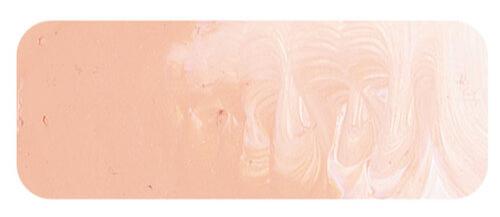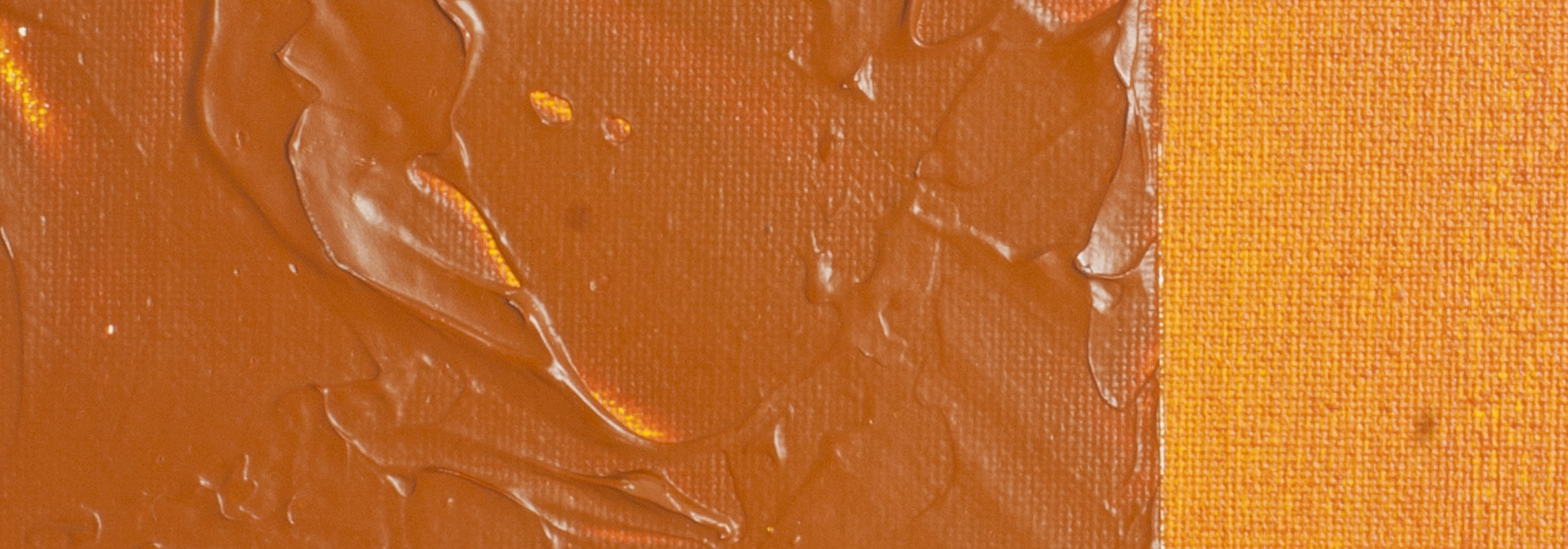Skin Tone Light | Matisse Acrylic Paint
Chemical Description: Blend Titanium dioxide, benzimidazolone and iron oxide
Pigment Number: PW6 PO36 PR101
Lightfastness Rating: ASTM I
Pigment Opacity: Opaque
Paint Opacity: Opaque
Series 1

Skin Tone Light | Matisse Acrylic Paint
Discovering the Rich Tapestry of Portraiture
Portraiture, an ancient artistic tradition, boasts a rich history dating back to the stylised images crafted by the Greeks and Egyptians. Through the Middle Ages, religious iconography and royal family members became subjects of portraiture. Yet, it was during the Renaissance that portraiture witnessed significant innovations, giving rise to the tradition of portrait miniatures, which thrived until the onset of the photographic age.
Challenges Faced by Portrait Artists
Both ancient and modern portrait artists grapple with the challenge of rendering realistic flesh tones, considering the complex composition of skin tones that vary under different lighting conditions.
A Palette of Possibilities
Addressing this challenge, Matisse formulated three distinct colours as a foundation for recreating light, medium, and dark skin tones. "Skin Tone Light," aptly named, serves as an ideal base for light skin tones, comprising Titanium White, Vermilion, and Transparent Umber.
This colour, though usable straight from the tube, is intended for modification with additional Matisse colours to imbue depth and highlights. Just as human skin is not monochromatic, artists must approach flesh tones with a palette of various tones to achieve depth.
Mixing Tones for Realism
A practical approach involves using Matisse Skin Tone Light as a base and mixing a range of colours. When working from a real subject, a photograph serves as a visual guide to creating diverse skin tones on the palette. Following the photograph's cues, artists blend Matisse Skin Tone Light with other colours until achieving the desired shades. Adding dark colours to light ones proves more effective than the reverse, enhancing efficiency and desirability in the blending process.
Essential Acrylic Colours for Blending Skin Tones
While specific blending formulas depend on individual subjects, considering various acrylic colours can enrich the palette. Titanium White, Unbleached Titanium, Naples Yellow Light, Cadmium Red, Cadmium Yellow Medium, Yellow Oxide, Burnt Sienna, Burnt Umber, Cobalt Blue, and Phthalocyanine Green are valuable additions to the artist's repertoire.
Practical Tips for Aspiring Artists
In the absence of a willing real-life subject, artists can employ their own hands as a reference, providing an opportunity for experimentation in creating lifelike skin tones.
Safety Data Sheet for Matisse Skin Tone Light (SDS)
To view or download a copy of Skin Tone Light SDS, please CLICK HERE * (271kb)
*The above link will open an external Dropbox window

To install this Web App in your iPhone/iPad press ![]() and then Add to Home Screen.
and then Add to Home Screen.

